Folic acid is the synthetic form of folate or Vitamin B9 that is found in certain foods. It is also sold separately as a supplement for those who need it, like pregnant women or those who have a Vitamin B9 deficiency.
Because of how essential it is, Vitamin B9 has been added to a range of processes foods like bread and cereal, even when none of the ingredients may have had folic acid naturally.
Examples of foods that contain Vitamin B9 naturally include leafy vegetables, animal liver and kidney, mushrooms, beans, and so on.
Vitamin B9 has so many important benefits on the body. For example, Folate helps with the production of red blood cells, which is something your body needs a lot of. That is why folate is recommended for those who have anaemia.
Another thing folate does is repair DNA and other genetic materials. For pregnant women, taking folate allows the baby’s brain to develop well, preventing certain conditions.
The 2015–2020 Dietary Guidelines for Americans recommend an intake of 400 mcg of folate each day for adults. Doctors usually advise that women take more folate during pregnancy and while breastfeeding
Vitamin B9 is very important, which is why it is sold as a supplement. But you do not have to depend on a supplement for your regular Vitamin B9 supply. You can get it all from eating foods that are rich in the vitamin. We would be looking at some Nigerian foods that are rich in folic acid.
1. Eggs
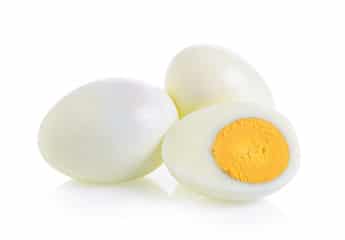
Eggs are small but powerful as they contain a lot of vitamins and minerals, including folate. One egg supplies you with 6% of the daily folate needs. Including eggs in your diet regularly would give you that steady supply of folate.
2. Dark leafy vegetables
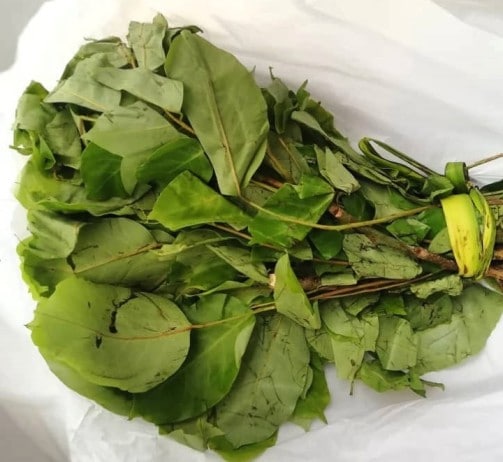
Another place to naturally source your folate from is dark, leafy vegetables. These are very common and there are so many types of them, so there must be one you enjoy eating or including in your diet.
Dark leafy vegetables are known to be very rich in the nutrients your body need and vitamin B9 is no exception. Some common dark leafy green vegetables in Nigeria are bitter leaf, spinach, fluted pumpkin leaves and lemon basil.
3. Beans
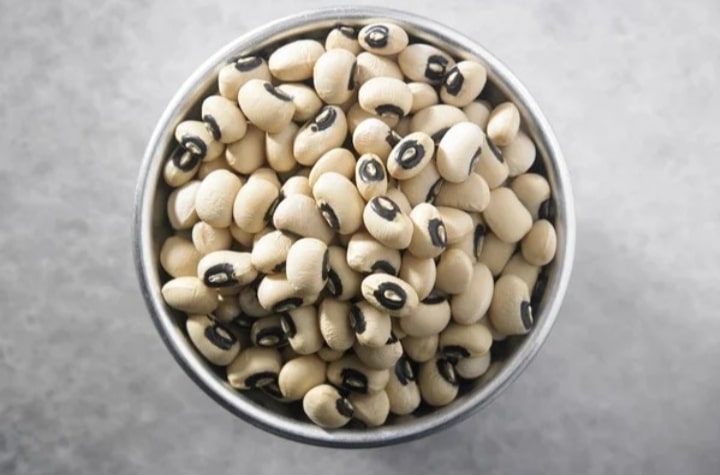
You can also get your natural Vitamin B9 from beans, or other legumes such as soybeans, green beans, lentils, or black-eyed beans. One cup of cooked beans (177 grams) would supply your body with 33% of the Daily Value of folate you need.
In addition to Vitamin B9, beans contain a lot of other nutrients, which is why it is considered a healthy type of food. Beans are also rich in fibre and protein.
4. Beef liver
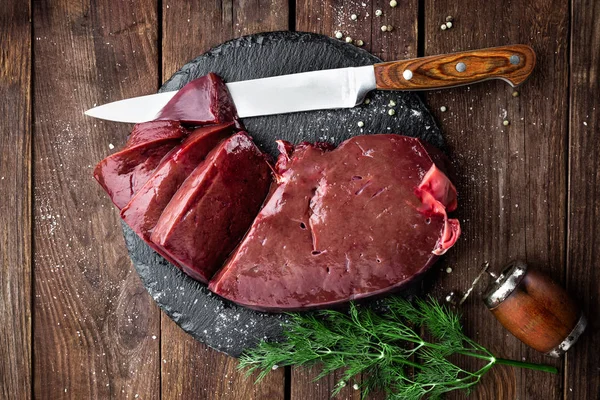
Beef liver might be an odd source for a particular vitamin, but it is one of the few places where you can find folate in high amounts. A 3-ounce (85-gram) serving of cooked beef liver could supply your body with 54% of your daily folate requirement.
This, added to the fact that beef liver has a great taste, makes it an option worth considering for your regular diet.
5. Fruits

You can also find your folate in fruits. One cup (140 grams) of pawpaw could supply your body with 13% of your daily required value of folate while one medium-sized banana could provide your body with as much as 6% of your DV.
Other fruits you can take include oranges and other citruses, honeydew melon, avocado, paw paw, banana, and pineapple.
6. Nuts
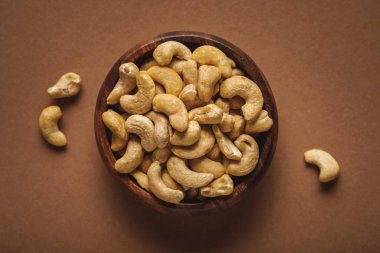
There are lot of healthy nuts in Nigeria, which are also loaded with folate. Generally, most nuts are rich in fiber, omega-3 fatty acids, and contain heart-healthy fats.
They are equally a good source of folic acid. Some popular nuts in Nigeria that rich in folic acid are tiger nuts, groundnuts, cashew nuts, dates, and walnuts.
7. Seeds
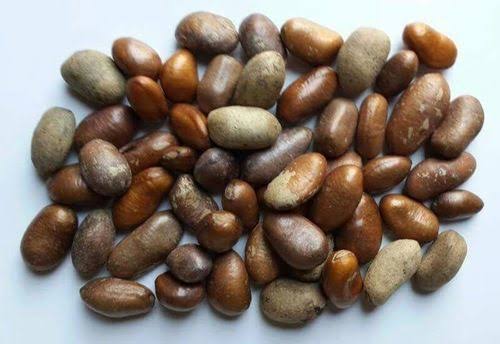
Edible seeds are excellent sources of folic acid for pregnant women. Some local healthy edible seeds in Nigeria such as melon seeds, pumpkin seeds, and ehu seeds are all loaded with folic acid. Other seeds such as sesame seeds, fenugreek seeds, and flaxseeds contain decent amount of folate.
8. Sweet corn
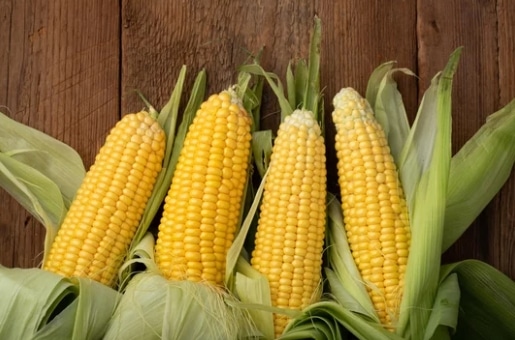
Sweet corn or yellow corn is a popular food in Nigeria. It differs from white corn, because it contains carotenoids, while white corn does not have carotenoids. Sweet corn has a number of vitamins, including pantothenic acid, vitamin B6, niacin, and vitamin B9, which is folate.
9. Potatoes
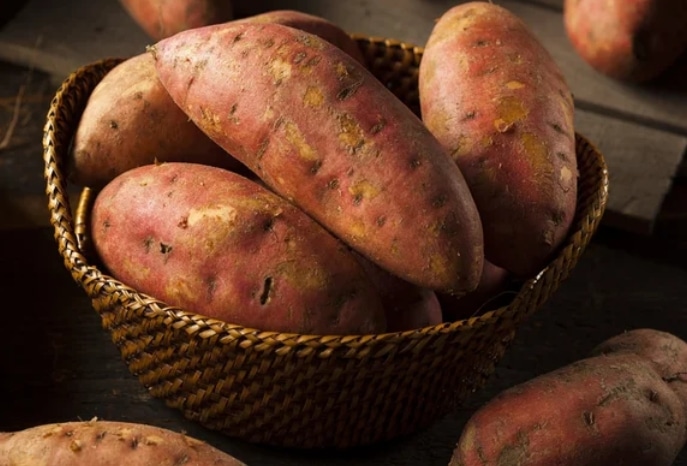
Potatoes are one of the foods in Nigeria that is high in folic. One boiled potato contains 15.03 mcg of folate, hence, it provides a decent amount of folic acid to the body. The great thing about potatoes is that it can be eaten as a side dish, appetizer, and full meal.
10. Okra
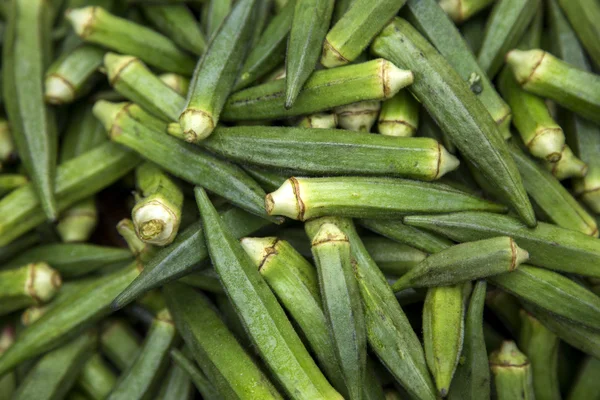
Okra, also known as gumbo or ladies’ fingers, is a warm-season vegetable that originated in Africa. In Nigeria, okra is used to prepare okra soup, a local delicacy.
It is rich in various nutrients that provide several health benefits. Among which is providing folate to the body. In fact, 100 grams of okra contains 60 micrograms mcg of folate.
YOU SHOULD ALSO READ:
- 10 Nigerian Foods to Avoid When Trying to Lose Weight
- 5 Healthy Nigerian Foods for Pregnant Women
- 5 Healthy Nigerian Foods for Pregnant Women
- 8 Nigerian Foods That Are Rich In Folic Acid
- 5 Important Things to Do After Childbirth
- List of Items Required During Delivery in Nigeria
- 12 Nigerian Foods That Boost Breastmilk Production
- 8 Healthy Nigerian Foods for Babies
- 7 Health Tips for Breastfeeding Mothers
- 12 Nigerian Foods That Boost Breast milk Production
- 8 Healthy Nigerian Foods for Babies
Collins Nwokolo is a human physiologist, writer and health enthusiast. He loves writing helpful articles on health and fitness, which he enjoys sharing with everyone.






